
OpenCV 4 with Python Blueprints. Build creative computer vision projects with the latest version of OpenCV 4 and Python 3 - Second Edition Dr. Menua Gevorgyan, Arsen Mamikonyan, Michael Beyeler
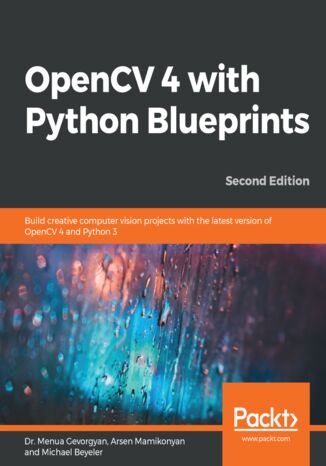



- Autorzy:
- Dr. Menua Gevorgyan, Arsen Mamikonyan, Michael Beyeler
- Wydawnictwo:
- Packt Publishing
- Ocena:
- Stron:
- 366
- Dostępne formaty:
-
PDFePubMobi
Opis
książki
:
OpenCV 4 with Python Blueprints. Build creative computer vision projects with the latest version of OpenCV 4 and Python 3 - Second Edition
You’ll begin with concepts such as image filters, Kinect depth sensor, and feature matching. As you advance, you’ll not only get hands-on with reconstructing and visualizing a scene in 3D but also learn to track visually salient objects. The book will help you further build on your skills by demonstrating how to recognize traffic signs and emotions on faces. Later, you’ll understand how to align images, and detect and track objects using neural networks.
By the end of this OpenCV Python book, you’ll have gained hands-on experience and become proficient at developing advanced computer vision apps according to specific business needs.
Wybrane bestsellery
Dr. Menua Gevorgyan, Arsen Mamikonyan, Michael Beyeler - pozostałe książki
Packt Publishing - inne książki
Dzięki opcji "Druk na żądanie" do sprzedaży wracają tytuły Grupy Helion, które cieszyły sie dużym zainteresowaniem, a których nakład został wyprzedany.
Dla naszych Czytelników wydrukowaliśmy dodatkową pulę egzemplarzy w technice druku cyfrowego.
Co powinieneś wiedzieć o usłudze "Druk na żądanie":
- usługa obejmuje tylko widoczną poniżej listę tytułów, którą na bieżąco aktualizujemy;
- cena książki może być wyższa od początkowej ceny detalicznej, co jest spowodowane kosztami druku cyfrowego (wyższymi niż koszty tradycyjnego druku offsetowego). Obowiązująca cena jest zawsze podawana na stronie WWW książki;
- zawartość książki wraz z dodatkami (płyta CD, DVD) odpowiada jej pierwotnemu wydaniu i jest w pełni komplementarna;
- usługa nie obejmuje książek w kolorze.
Masz pytanie o konkretny tytuł? Napisz do nas: sklep@helion.pl
Książka drukowana





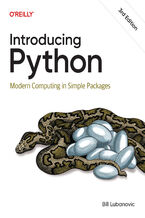


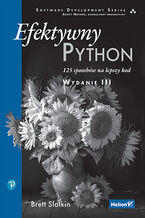
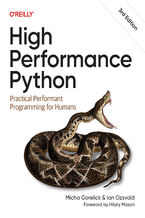
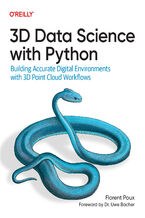

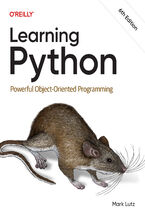

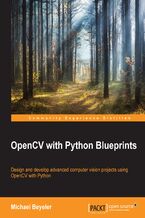
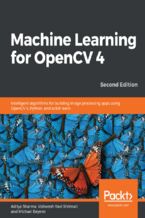
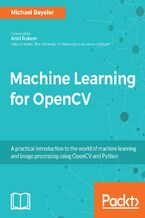
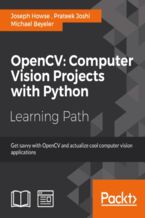





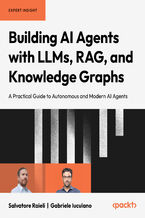

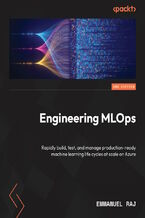
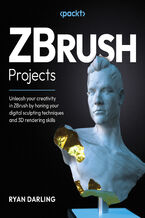
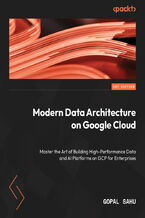
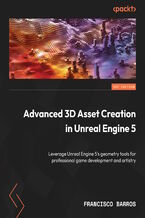
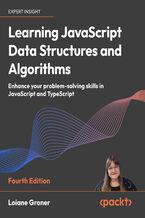
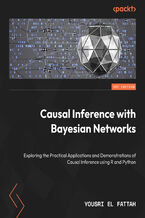
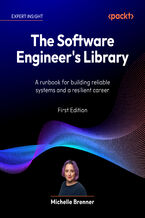
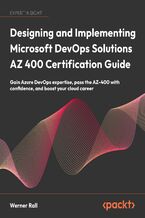



Oceny i opinie klientów: OpenCV 4 with Python Blueprints. Build creative computer vision projects with the latest version of OpenCV 4 and Python 3 - Second Edition Dr. Menua Gevorgyan, Arsen Mamikonyan, Michael Beyeler
(0)